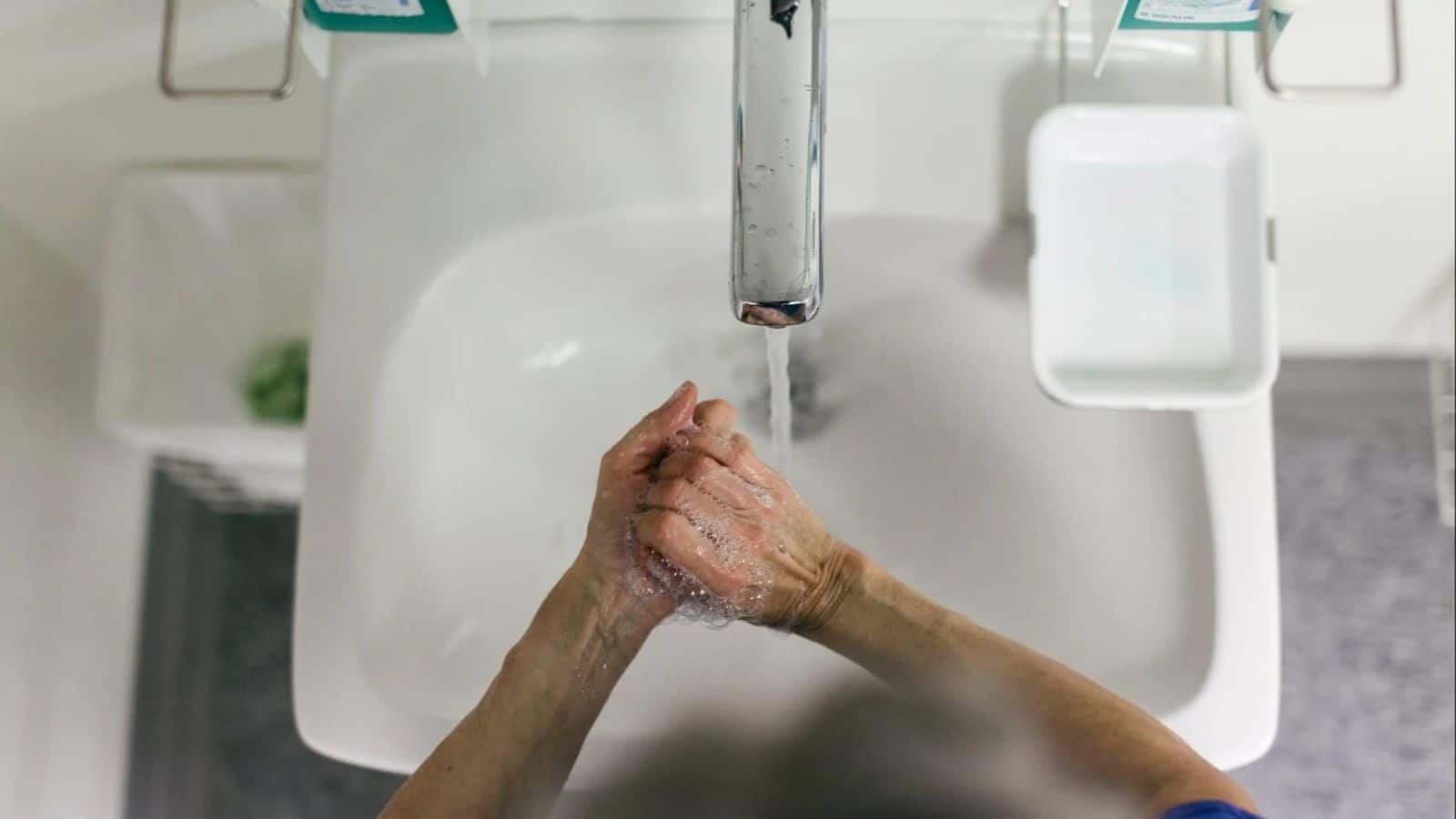
Scientists find out the true source of hospital infections
What's the story
Contrary to common assumptions, most infections contracted in healthcare settings are not due to superbugs present in hospitals. Recent research indicates that these infections often originate from bacteria, that patients already carry on their bodies prior to hospital admission. This discovery is based on genetic analysis of the bacteria responsible for these infections, a process similar to a forensic investigation for E. coli.
Microbiome menace
Our own bacteria: The hidden culprits
Research comparing bacteria in the human microbiome with those causing illnesses such as diarrhea, pneumonia, bloodstream infections, as well as surgical site infections reveals a surprising truth. Often, our own bacteria, harmless when we're healthy, are the culprits behind severe infections when we're ill. This finding was published in Science Translational Medicine and supports an increasing body of research advocating this theory.
Surgical risks
The persistent issue of surgical site infections
Surgical site infections remain a significant issue among healthcare-associated infections. Despite stringent preventative measures implemented by hospitals, these infections still occur after approximately one in 30 procedures, often without an identifiable cause. Data from the Agency for Healthcare Research and Quality and the Center for Disease Control and Prevention, suggest that this problem isn't improving over time.
Infection investigation
Investigating the source of surgical infections
A team of physician-scientists sought to understand why surgical infections were occurring despite adherence to recommended preventative protocols. They focused on spinal surgery and analyzed bacteria present in the nose, skin, as well as stool of over 200 patients prior to surgery. Their findings revealed that 86% of post-surgery infection-causing bacteria, were genetically identical to those present in patients before surgery.
Resistance issue
Antibiotic resistance: A pre-existing problem
Interestingly, nearly 60% of the infections were resistant to the prophylactic antibiotic given during surgery or the antiseptic used for pre-incision skin cleansing. The source of this antibiotic resistance was not hospital-acquired but originated from microbes already present in patients. This discovery underscores the complexity of managing infections in healthcare settings and challenges traditional assumptions about their origins.
Sink threat
Hospital sinks: Unexpected breeding grounds for bacteria
In a separate study, researchers discovered that hospital sinks can serve as breeding grounds for multidrug-resistant bacteria. A case study from a Tokyo hospital reported a prolonged outbreak of carbapenemase-producing Enterobacterales (CPE) in a pediatric ward. Despite changing all sinks in the ward, the outbreak continued, suggesting transmission via plumbing. After implementing stringent infection control measures for several months, the outbreak was finally brought under control.